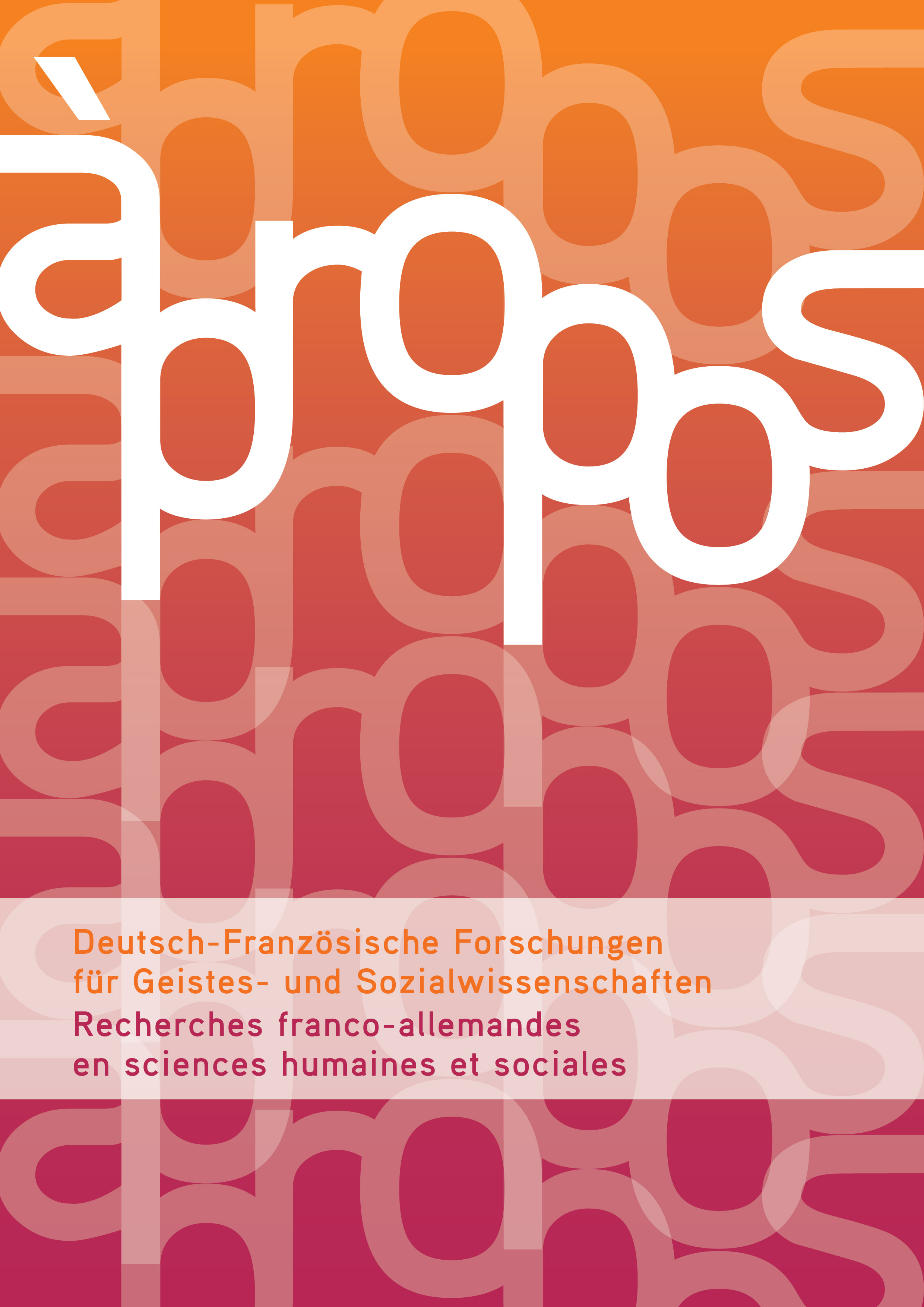Publikationen
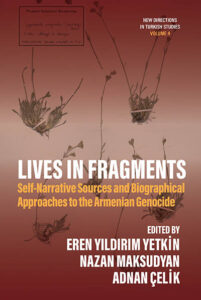
Lives in fragments
Self-Narrative Sources and Biographical Approaches to the Armenian Genocide

More than Symbols
The Effect of Symbolic Policies on Climate Policy Support

Dada cynique.
Les usages du cynisme dans le “Manifeste dada 1918” de Tristan Tzara

La moralité de l’humour
Shaftesbury et Hutcheson contre Hobbes

Environments, Resources, and Infrastructures Between Russia and the Asia-Pacific
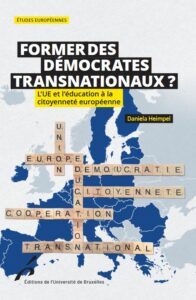
Former des démocrates transnationaux ?
L'UE et l'éducation à la citoyenneté européenne
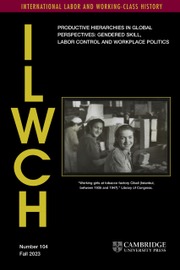
An Unlimited Supply of Labor? Counting Workers and Planning Development in Mid-Twentieth-Century Egypt (1939–1960)
In: International Labor and Working-Class History (Volume 105 - Oktober 2025)

Seeing Like a Field?
in: Swiss Journal of Sociology (Vol.51 No.2)
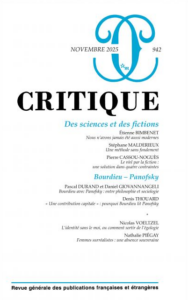
Des sciences et des fictions: Bourdieu – Panofsky
Critique n°942

Écrits sur Rodin – Georg Simmel
Édités par Denis Thouard et Matthieu Amat
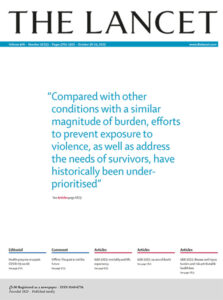
Asthenia among concentration camp survivors in post-war France

International Labor and Working-Class History
Volume 108 - October 2025
Die Zeitschrift À propos bringt Forschende aus verschiedenen Disziplinen der Geistes- und Sozialwissenschaften miteinander ins Gespräch über wichtige und aktuelle Themen der Forschung in Deutschland und Frankreich. À propos wird herausgegeben vom Centre Marc Bloch und einem Netzwerk weiterer deutsch-französischer Forschungseinrichtungen.
